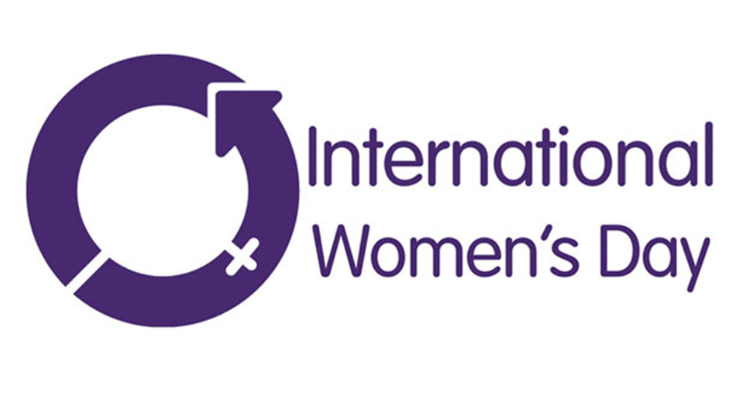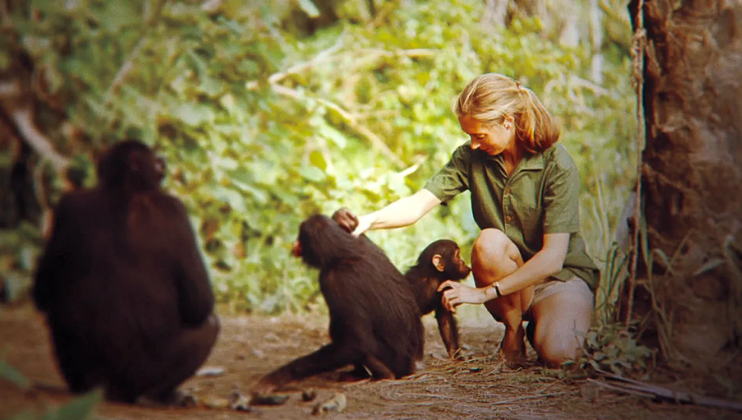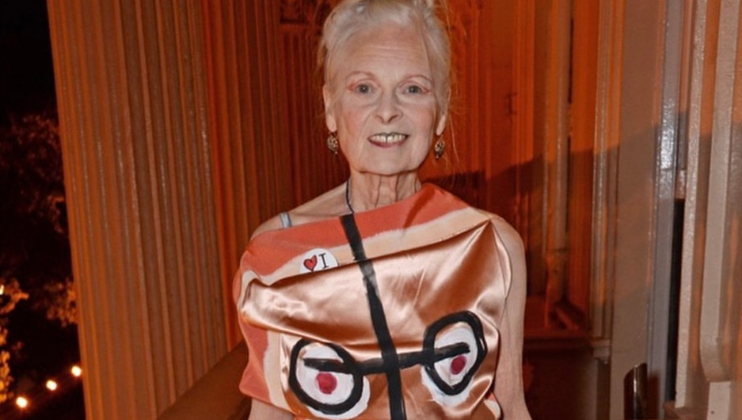International Women’s Day 2024: An Interview with the Women of Culture Calling
8th March was International Women’s Day, and the theme of 2024 is “inspire women: accelerate progress”. We spoke to some of the women at Culture Calling on who inspires them, the challenges women face, and how we can accelerate progress

Culture Calling: What are your names and what do you do at London + Culture Calling?
My name is Rhianna, I am an Account Manager and Digital Development Executive at Culture Calling. I work together with our clients to tailor, map and deliver marketing campaigns to boost their audience engagement. I also work with the digital team to develop our digital marketing services strategy.
I’m Emma Clements, Business Development & Marketing Associate.
Hi there, my name is Gabriella Ross and I am Head of Digital.
I’m Rebecca Cooke, I am an Area Manager at Culture Calling. Primarily I work with an amazing array of clients to devise and implement marketing campaigns.
CC: Which women inspire you, and why?
Emma: There are so many women who stand up and speak out for the rights of fellow women, from Sylvia Pankhurst to Malala Yousafzai, and many others in between.
Rebecca: Women inspire me daily. The women I find inspiring are the ones who have stood forward from the crowd to pave the way for future generations, and who fought for the right to be the best versions of themselves despite the societal boundaries of the time.
My Nan was a huge inspiration and role model to me. Born in the 20s, she was an independent woman, who held a respected position in a male dominated workforce from the 1950s to the 70s. She worked overseas, which was almost unheard of. She would holiday independently to places she wanted to visit, and she lived a full life. She always stood by women who needed her.
Rhianna: I am inspired by Jane Goodall because she ventured into a male-dominated industry and became one of the first researchers of Chimpanzees. Her self-belief and adventurous spirit are just some of the many reasons she inspires me.
I am inspired by every woman; despite facing adversity in the workplace and carrying a disproportionate amount of domestic labour, they continue to become formidable members of the workforce.
Gabriella: My ultimate muse is Vivienne Westwood. I love anyone disruptive and unapologetic. Westwood used her fashion collections and catwalk shows as a platform for activism, and raised awareness for many causes - most prominently over-consumption, sustainability and, later, climate change. She is the original sustainability advocate. Urging people to buy less and buy better quality, which is also my mantra.

CC: What barriers or challenges have you faced in your career?
Gabriella: Luckily I have gravitated towards companies with great ethics and like minded colleagues so have never felt unjustly challenged.
Emma: The arts and creative industries have always been ahead of the game when it comes to gender equality, so I haven’t experienced the kind of discrimination and microaggressions that women might face in traditionally male industries.
Rebecca: I have experienced misogyny, sexism and unwanted attention many times in my early career and life, but as a 40+ woman I have had several male mentors who championed me to new roles and challenges.
Emma: Women are disproportionately affected by parenthood so it’s a universal challenge for UK women to maintain a career in the face of prohibitively expensive childcare. I’ve been very lucky to have worked with employers who have offered enough flexibility to juggle work and family life but, as a society, we need to do better.
Rebecca: In general, the arts embraces diversity, and women are well represented. But yes, women who have children often find it negatively impacts on their career progression and earning potential, which shouldn't be a thing in today's age.

CC: What can women do, and what do you do, to support and encourage other women?
Gabriella: I have a passion for helping female start up owners launch and grow their brands. I’ve had the honour of helping three female business owners from the infancy of their brands through to huge successes.
Emma: During COVID I worked with a Family Support Charity and volunteered with my Local Foodbank. I was shocked at how many women’s lives are affected by male violence and domestic abuse. I subsequently became a Domestic Abuse Ambassador for Sutton Women’s Centre, speaking out to raise awareness of these issues and signposting support for those in need.
And at home I’m doing my best to raise strong, independent daughters.
Rebecca: I hope people in general see me as a positive, encouraging individual. I’m that person who will stop a woman to say, 'I love your dress' or 'you rock those boots'. I laugh off not getting things right and I get stuck in when needed, whatever the task. I have run the PTA for 5 years which had an outreach section for families who needed help and also ran a baby group, to help new mums adjust and make friends. This summer, I am to host a wonderful women's weekend.
Best of all, I get to bring up a wonderful daughter who is fun, capable, and confident with a value of her own self-worth. If I can do that, each of our generations will benefit from the ones before.
CC: What do you think businesses like Culture Calling can do to invest in women and accelerate progress?
Gabriella: I personally can make a concerted effort to ensure our content is suited and useful for people from all walks of life and that we report on the successes of women in arts industries.
We really do need to recognise each others successes, women are smashing it!
Rhianna: Here they empower women by having a gender-balanced management panel and fair pay. They also continue to champion women through inclusivity, and investment in each women’s professional development.
Rebecca: I see no barrier here based on being a woman, in fact we started and are owned by a woman. I see support from the men and the women equally. It is a nice place to be.
Emma: Culture Calling is doing pretty well. The culture is very much one of inclusion and equality. Less than 30% of UK small businesses are majority female-owned, but we’re one of them!